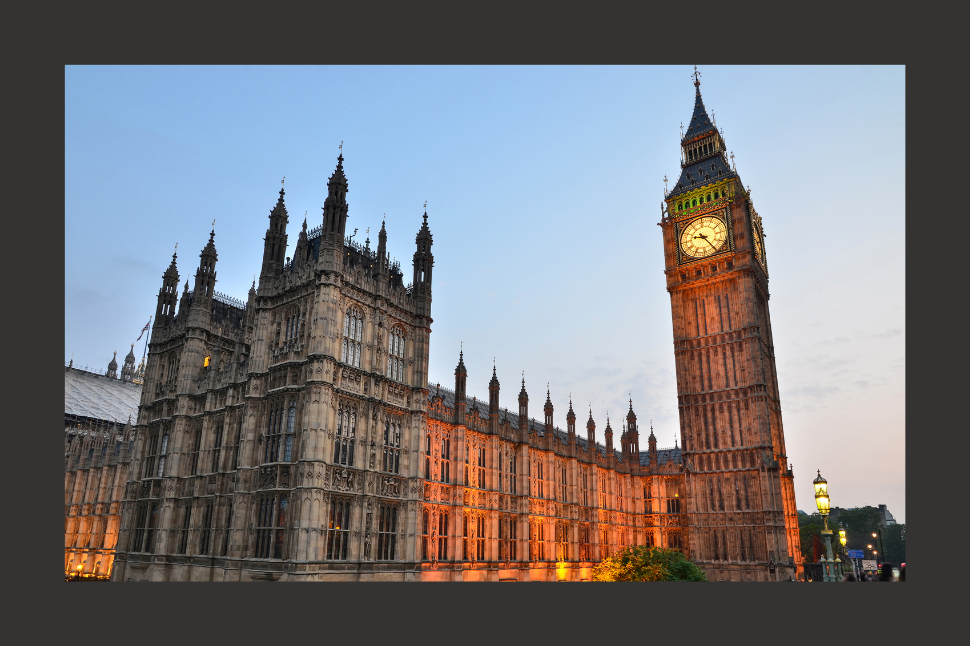
In her first Spring Statement the Chancellor of the Exchequer has made few announcements. The Spring Statement has had few new policy and fiscal announcements; however, this is not too unusual for the Spring Statement. There will be more announcements around departmental spending in June following a spending review.
Alice Pugh looks at the key announcements from this budget.
Office for Budget Responsibility Forecast
The Office for Budget Responsibility (OBR) has highlighted in their economic and fiscal outlook for the spring statement that the outlook has become more challenging since the Autumn Budget. In the second half of the 2024 financial year, domestic output has stagnated, and business and consumer confidence has trended downwards. These pressures have largely arisen due to a worsening of geopolitical risks since the previous forecast in October.
Against this more challenging backdrop, real GDP growth is expected to fall to 1% this year, halving from the October forecast. However, growth will recover to average around 1.75% over the rest of the decade, with growth largely being upgraded over the next few years. With higher energy and food prices, alongside persistently high wage growth, will lead to higher inflation at 3.7% this year, before returning to the 2% target over the rest of the forecast. There are significant risks currently for the government and they have left a small level of fiscal headroom (£9.9bn). Currently, global trade disputes are the greatest uncertainty surrounding this budget and if they continue to worsen, there could be a significant impact on the UK.
Welfare Changes
- Incapacity benefits under universal credit will be halved and cut for new claimants. With Incapacity benefits being frozen in cash terms for existing claimants at £97 per week from April next year, with a potential top-up payment for those with the most severe conditions.
- There will also be stricter eligibility test for personal independence payments (PIPs), the main disability benefit, from November 2026.
- Those aged under 22 will no longer be able to claim the incapacity benefit top-up of universal credit.
Public Services
- A target has been set by the Chancellor for government departments to reduce administrative costs by 15% by 2030.
- With 10,000 civil service jobs anticipated to be cut, including staff working in HR, policy advice, communications and office management.
Defence
- Defence spending, which was expected to rise to £2.9bn next year, to increase by a further £2.2bn.
- Increasing defence spending to 36% of national income next year, with plans to raise it to 2.5% by 2027.
- This increased spending will be funded through cuts to overseas aid, with overseas aid decrease from 0.5% to 0.3% of gross national income.
What about announcements made previously?
Whilst there have been few new announcements, we must not forget about the wider context to the Spring Statement which will impact households from April, including:
- Water Bills- Water bills for households are due to go up in England and Wales by £10 per month on average, though this varies significantly water company. In Scotland bills will rise by 10%, with the publicly owned Scottish Water citing climate change as the main driver behind the rise in costs. Northern Ireland households will not see an increase in bills as water is a publicly funded system.
- Energy bills- the annual energy bill for an average household will increase by up to £111 a year to £1,849.
- Council Tax- It is likely that for most council tax is likely to increase in April by up to 4.99%, the risk of this has likely risen following the announcement of spending cuts.
- Car tax- Car tax for cars registered after April 2017 will rise by £5 a year.
- Broadband, phone and tv licence- Following inflationary pressures in the last couple of years, many mobile phone companies will in increasing the cost of contracts, this is similarly set to be the case for broadband operators as well. The TV licence will also increase by £5 to £174.50.
- Stamp Duty- From April Home buyers in England and Northern Ireland will start paying stamp duty on properties over £125,000, instead of over £250,000. First-time buyers who currently pay no stamp duty on homes up to £425,000, will now see this drop to up to £300,000.
Hidden taxes- The government kept the freeze on tax thresholds on income tax and national insurance till 2028, this means that more people will likely be dragged into.
This blog was written by Alice Pugh, Policy and Data Analyst City-REDI / WMREDI, University of Birmingham.
Disclaimer:
The views expressed in this analysis post are those of the author and not necessarily those of City-REDI / WMREDI or the University of Birmingham.
